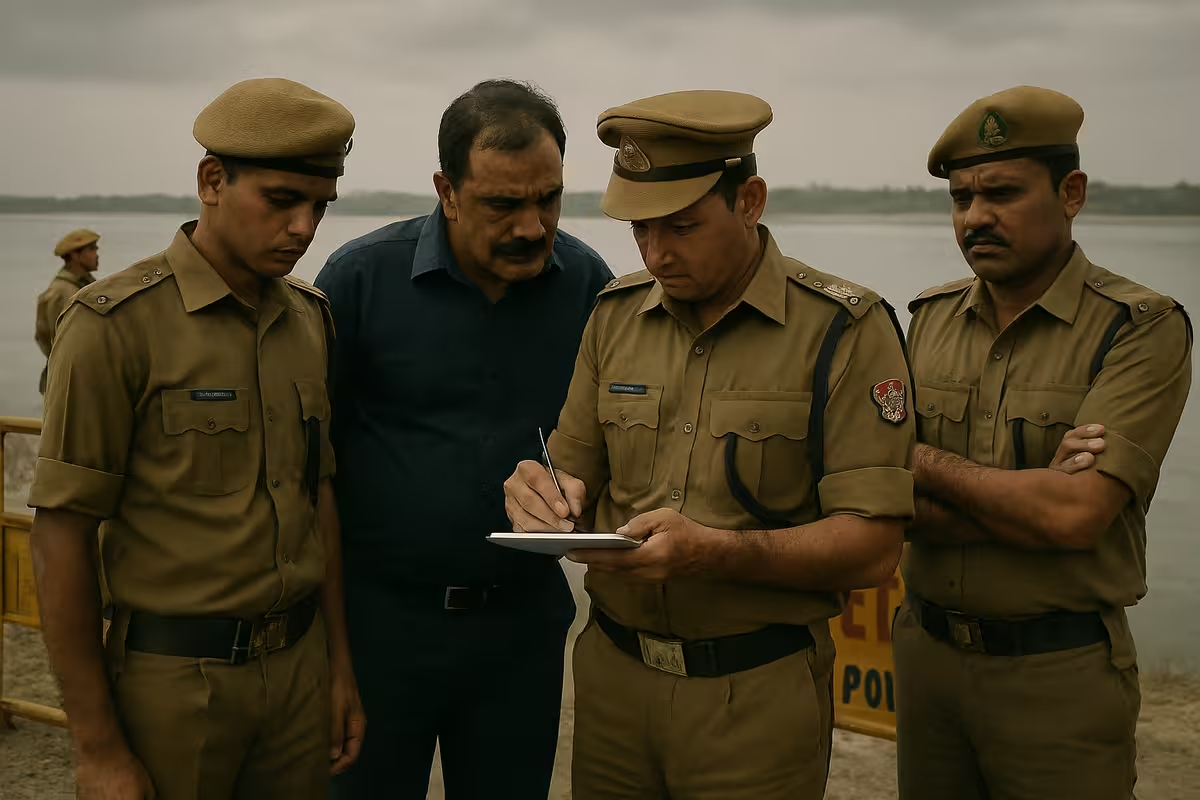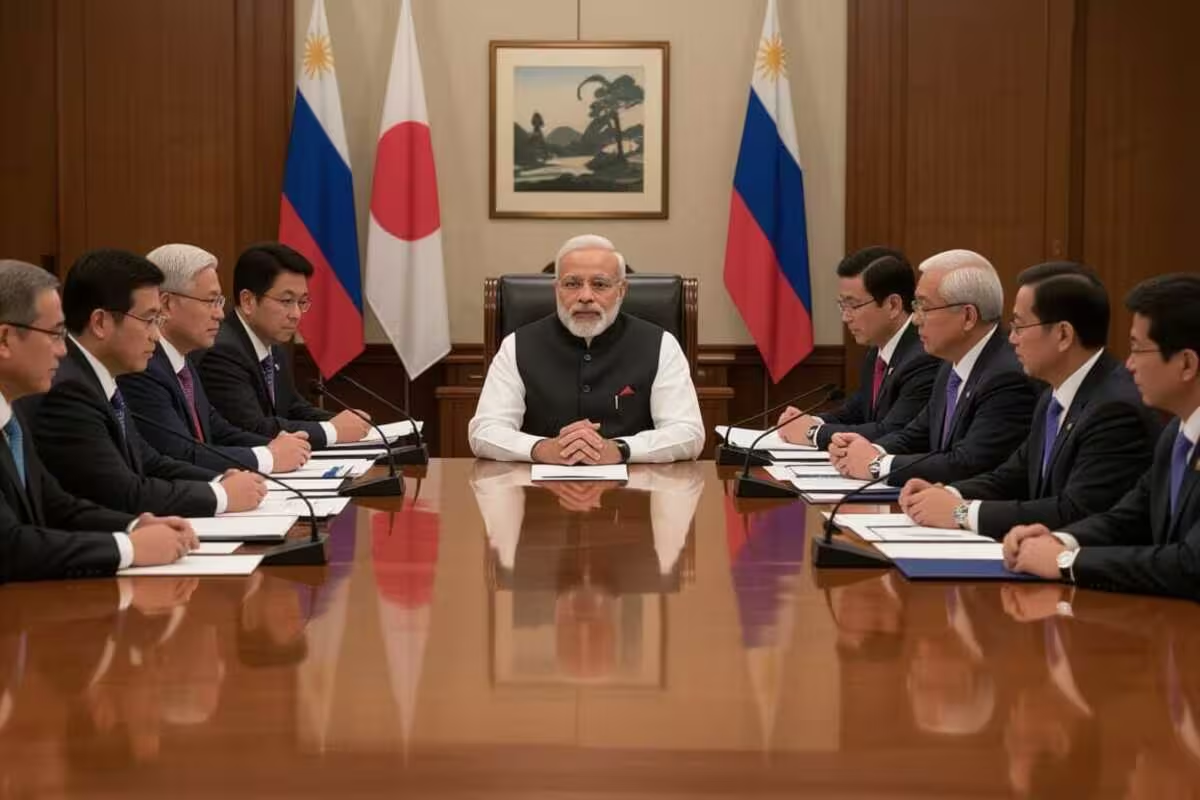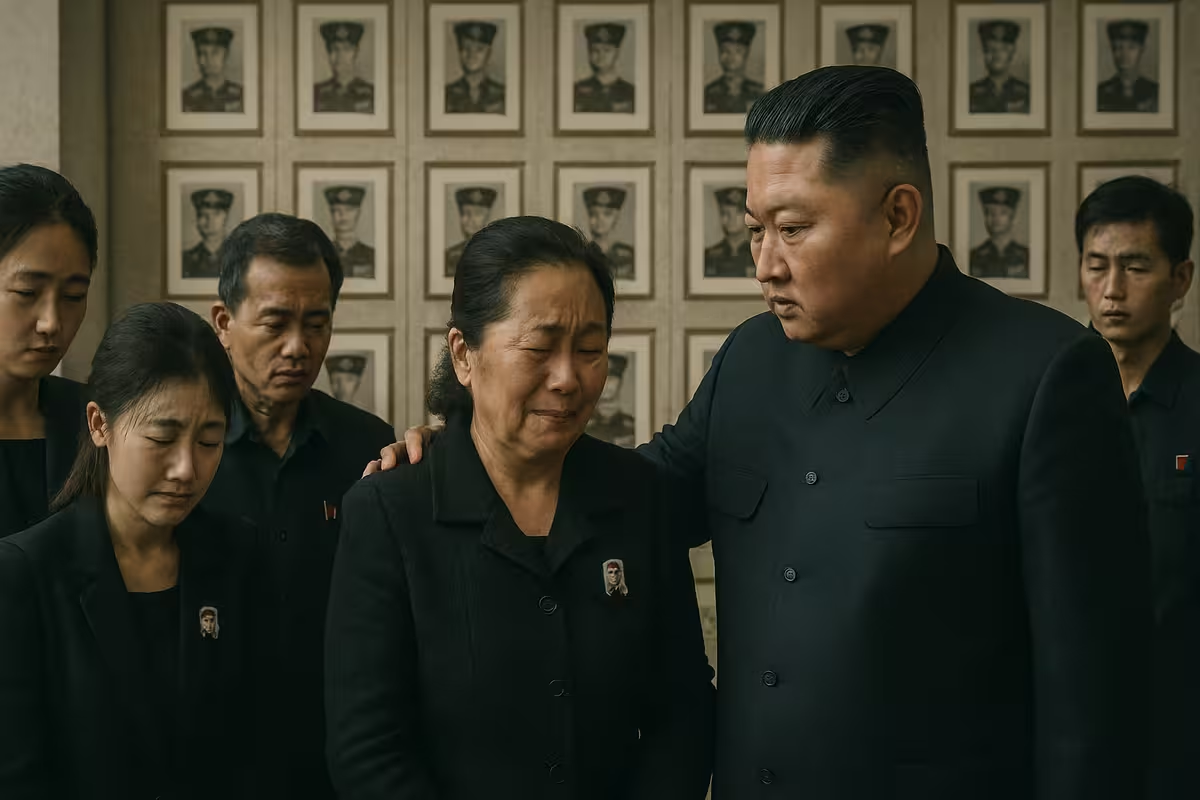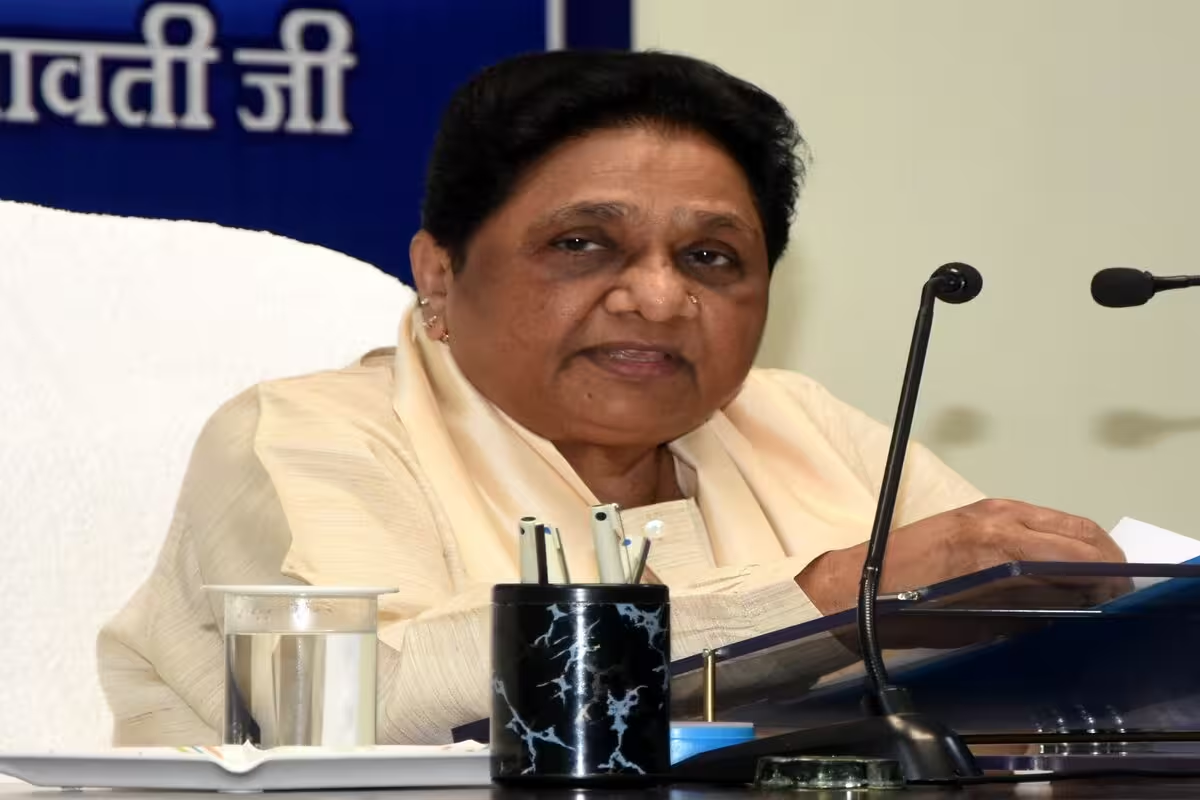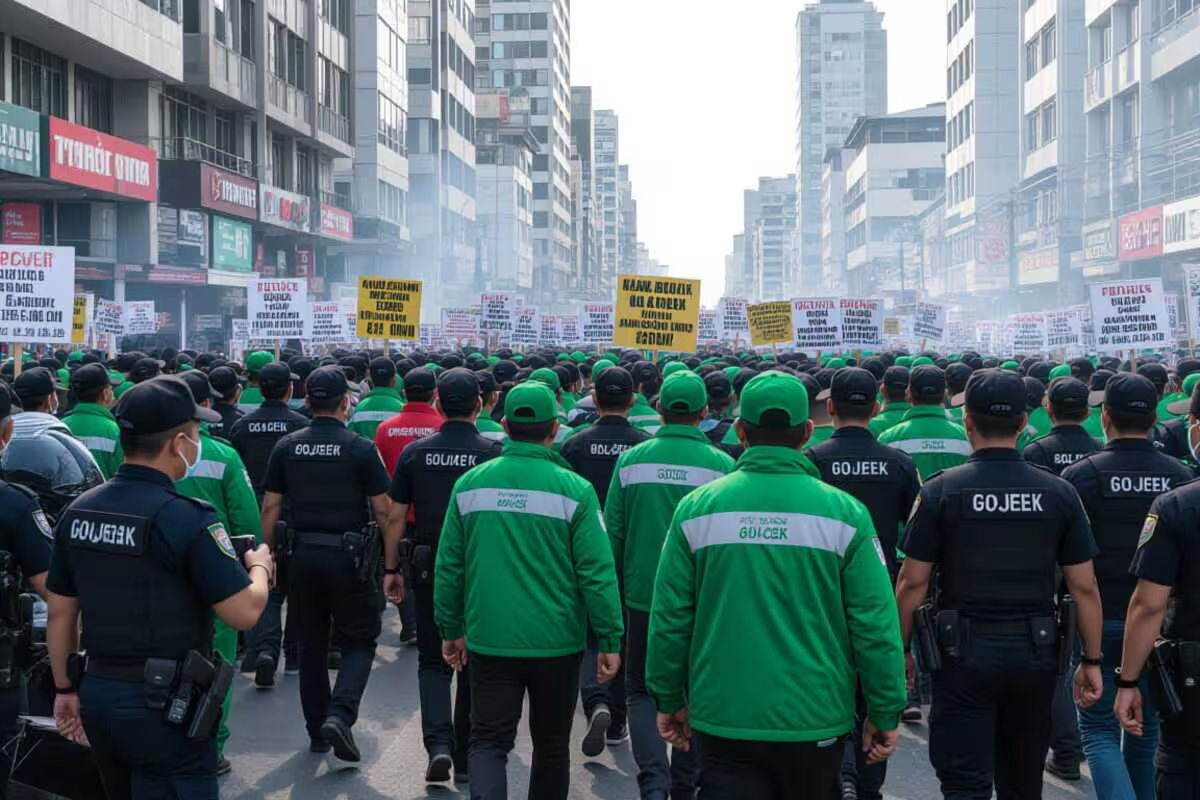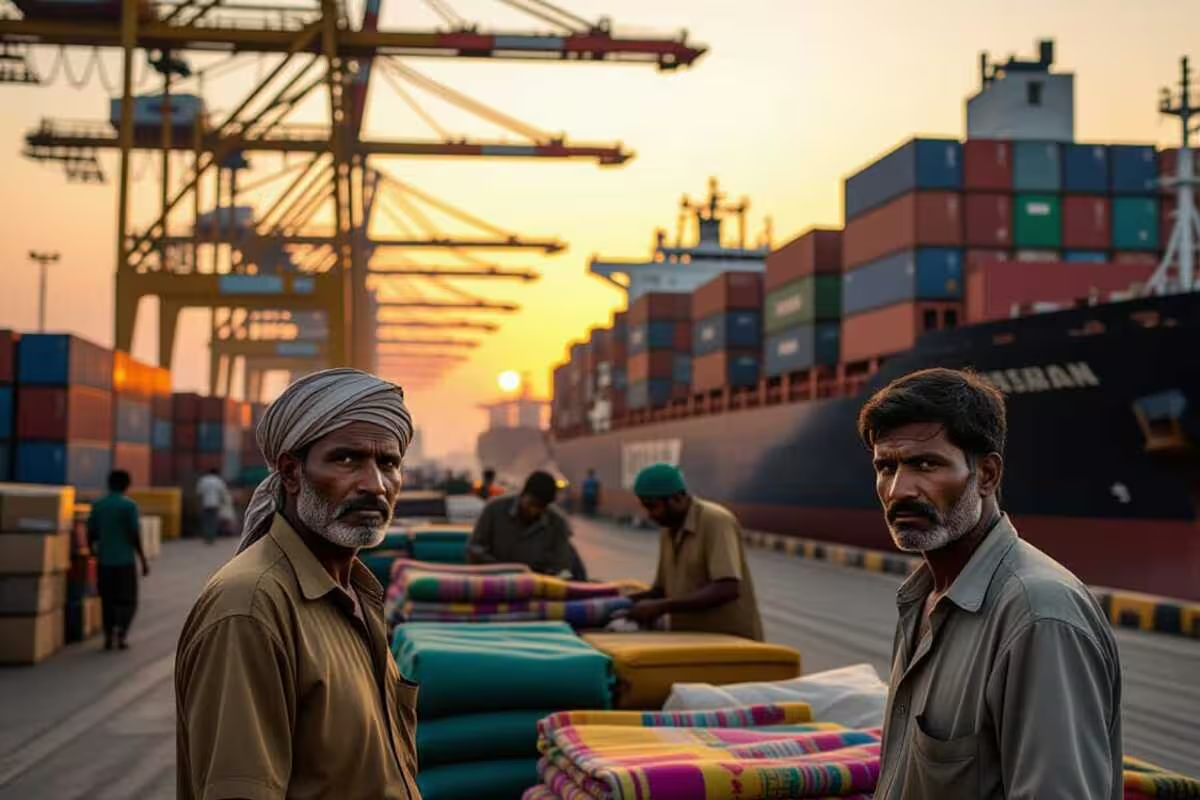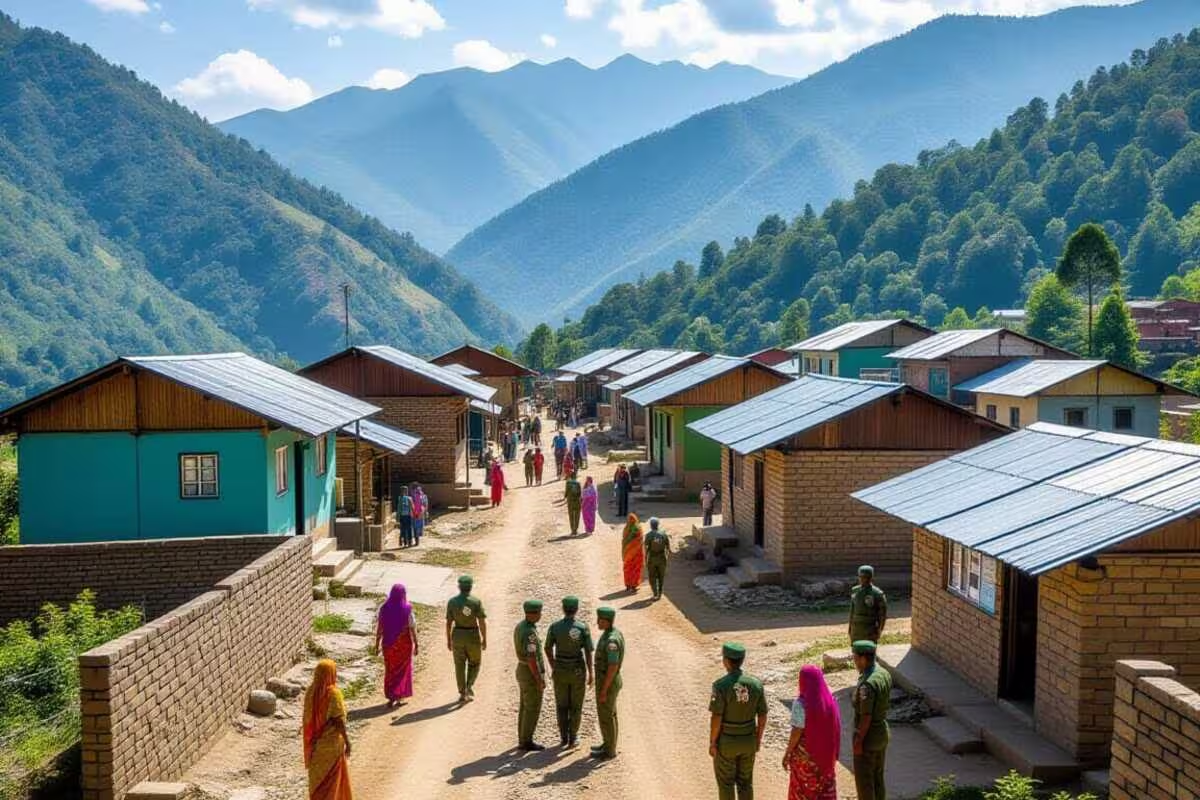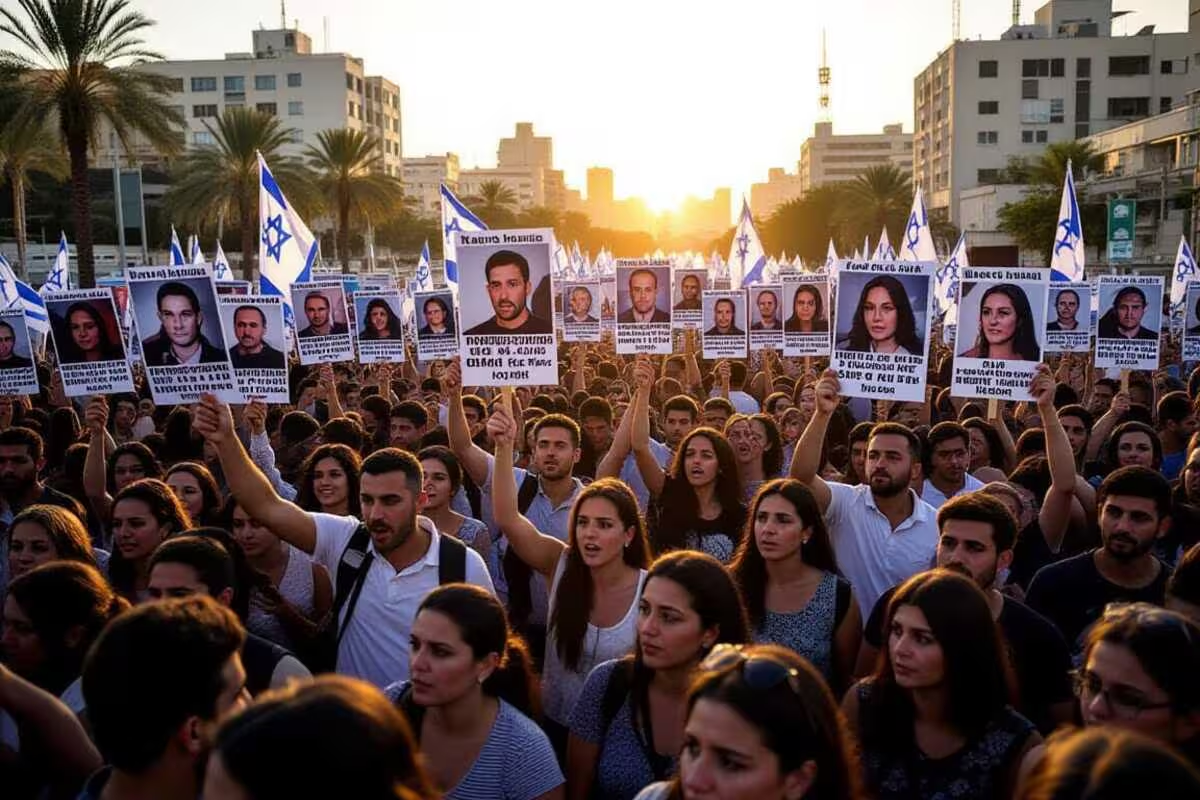Chennai Election Officials Get Tough on Dormant Parties, Demand Answers from Six
CHENNAI, Tamil Nadu—August 26, 2025:As part of a big push to clean up elections across the country, the Chennai Election Office has told six registered but unrecognized political parties to explain themselves. Why? Because they haven’t put up candidates in any election for the last six years. The Election Commission of India (ECI) wants to get rid of parties that are basically dead to make politics fairer and more open. The notices, dated today, tell the parties to say why they shouldn’t be removed from the list, since their inactivity suggests they’re not really functioning as real political groups.
Which Parties Are in Trouble?
The parties facing action are Kokula Makkal Katchi, Indian Lovers’ Party, Indian Makkal Kalvi Munnetra Kazhagam, Makkal Desiya Katchi, Manidhaneya Makkal Katchi, and Perunthalaivar Makkal Katchi. This follows an ECI order to election officers nationwide to find and act against these Registered Unrecognized Political Parties (RUPPs) that haven’t been in any elections for six years straight.
The Election Commission is serious about enforcing the Representation of the People Act, 1951, which covers how parties get registered. The main reason for registering is to participate in elections, so not doing that breaks the rules.
Where Does the ECI Get Its Authority?
The Election Commission of India is using Article 324 of the Constitution of India and Section 29A of the Representation of the People Act, 1951, to its power. These laws let the ECI control how parties register and work, keeping elections honest. By sending these notices, the Chennai Election Office is giving the parties a chance to respond before anything final happens, like getting delisted.
The ECI has already started this process in other states, recently removing 334 RUPPs for similar reasons. This Chennai action is part of a second stage, looking at another 476 RUPPs. The goal is to clear out dead parties from the official list, which can sometimes be used for shady financial deals or other bad stuff.
What This Means for Political Money and Openness
This move against inactive parties is a key step toward fixing money issues and ensuring accountability in Indian politics. The ECI has worried for a while that some RUPPs keep getting donations and tax breaks, even though they don’t run in elections. These parties can become channels for illegal money, hiding how elections are funded.
By delisting these parties, the Election Commission wants to stop the misuse of party registration for non-election reasons. This should really affect political money by getting rid of inactive groups and making sure only active parties stay on the list.
What’s Next for These Parties?
The six parties have until August 26, 2025, to send a written reply and show up for a hearing at the Tamil Nadu Chief Electoral Officer’s office. This is meant to be fair, giving them a chance to explain themselves and why they shouldn’t be delisted. If they don’t give a good reason for their inactivity, they’ll be removed from the list.
The ECI is sending a strong signal that it won’t put up with parties that don’t do what they’re supposed to do: participate in elections. This is a solid move toward a cleaner, more working electoral system, without useless parties that just make things complicated and less transparent.



